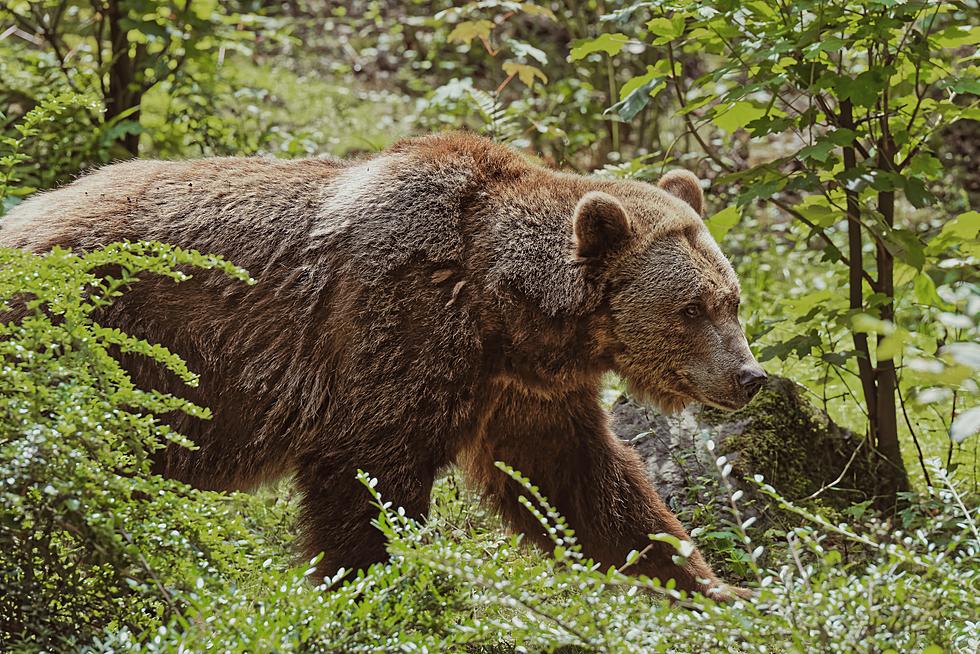
Grizzly Attacks Biologist In Montana’s Centennial Valley
A U.S. Fish & Wildlife Service biologist was attacked by a grizzly bear while working in the Centennial Valley near the Montana/Idaho border on Wednesday, according to Montana Fish, Wildlife, and Parks. The biologist suffered serious bite wounds but is expected to fully recover.
The USFWS employee was working on a sage grouse monitoring project on Red Rock Lakes National Wildlife Refuge about a mile west of Elk Lake. The biologist heard a noise in the sagebrush and turned to see two grizzly bears in a close-encounter situation, approximately 80 to 100 yards away.
One bear stood up, and the other charged the biologist. The biologist deployed bear spray at the charging bear and throughout the attack until the attacking bear ran away with the other bear.
The biologist began leaving the site while reporting the incident to other USFWS staff, who came and helped the individual get medical attention. The biologist was transported to Rexburg, Idaho, for medical treatment and was released later Wednesday afternoon.
The biologist’s report indicates the bears may have been young siblings around three years old. Idaho Fish & Game assisted Montana Fish, Wildlife & Parks (FWP) in the early stages of the investigation, which is still ongoing.
Seven people have been injured this year by bears in the Greater Yellowstone Ecosystem, including two in Montana. Grizzly bear populations continue to become denser and more widespread in Montana, increasing the likelihood that residents and visitors will encounter them in new places. Being prepared for such encounters is more important than ever to keep people and property safe and to cultivate natural bear behavior.
People who spend time outdoors in Montana should always be prepared to handle a bear encounter. Most bear attacks on humans happen in surprise close encounters. Activities that are deliberately quiet or fast moving, such as hunting, mountain biking or trail running, put people at greater risk for surprising a bear. When you’re outside, keep these precautions in mind:
- Be aware of your surroundings and look for bear sign.
- Read signs at trail heads and stay on trails. Be especially careful around creeks and in areas with dense brush
- Carry bear spray. Know how to use it and be prepared to deploy it at a second’s notice
- Travel in groups whenever possible and make casual noise, which can help alert bears to your presence.
- Stay away from animal carcasses, which often attract bears.
- Follow U.S. Forest Service (USFS) food storage orders, which have been in effect for public lands in Montana since March 1.
- If you encounter a bear, never approach it. Back away slowly and leave the area.
Social Distancing Zodiac
More From KISS FM









